- myFICO® Forums
- FICO Scoring and Other Credit Topics
- General Credit Topics
- Re: How exactly does over paying on a credit card ...
- Subscribe to RSS Feed
- Mark Topic as New
- Mark Topic as Read
- Float this Topic for Current User
- Bookmark
- Subscribe
- Mute
- Printer Friendly Page
How exactly does over paying on a credit card work?
Is your credit card giving you the perks you want?
Browse credit cards from a variety of issuers to see if there's a better card for you.
- Mark as New
- Bookmark
- Subscribe
- Mute
- Subscribe to RSS Feed
- Permalink
- Report Inappropriate Content
How exactly does over paying on a credit card work?
I have never over paid on a credit card before, most companies won't let you pay more than your current balance, but today I paid $600 to Chase and my balance was only $480.
how exactly does this work when the credit hits my account? Will it temporarily increase my available credit by the amount I over paid? Or will it just cancel out my next few purchases until the credit is paid back?






- Mark as New
- Bookmark
- Subscribe
- Mute
- Subscribe to RSS Feed
- Permalink
- Report Inappropriate Content
Re: How exactly does over paying on a credit card work?
Why are you over paying on a credit card? It doesn't get you more points with the bank. It's specifically done if someone has a large purchase to make and their current limit doesn't support it
- Mark as New
- Bookmark
- Subscribe
- Mute
- Subscribe to RSS Feed
- Permalink
- Report Inappropriate Content
Re: How exactly does over paying on a credit card work?
Generally it will show as a negative balance on your accout but will not increase your available credit beyond your CL.
- Mark as New
- Bookmark
- Subscribe
- Mute
- Subscribe to RSS Feed
- Permalink
- Report Inappropriate Content
Re: How exactly does over paying on a credit card work?
It also doesn't increase your limits
- Mark as New
- Bookmark
- Subscribe
- Mute
- Subscribe to RSS Feed
- Permalink
- Report Inappropriate Content
Re: How exactly does over paying on a credit card work?
@Cblough93 wrote:I have never over paid on a credit card before, most companies won't let you pay more than your current balance, but today I paid $600 to Chase and my balance was only $480.
how exactly does this work when the credit hits my account? Will it temporarily increase my available credit by the amount I over paid? Or will it just cancel out my next few purchases until the credit is paid back?
There are a couple of CU's that will increase your available credit however
98% of cards this is not the case.
On your card issuers side it will be credit that cancels out next purchases
until the credit is paid back.
Issuers report a zero balance even if you have hundreds in the neg.
Paying more than you owe is usually done when one wants to report a zero balance
and there are either pending charges that will post or fee's that are auto posted.
Some use it to continue using a card all 30/31 days for rewards and still use the card
as one of there "Azeo" cards.
Some have small limits and pre pay knowing they are spending a lot right before a
new statement will cut, keeping utilization in check.
If one wants to do "Azeo" for a period of time to play, test or just always
optimize score, pushing is a great tool.
If one has only a couple of reward cards and does not want to cease using
to control utilization it is also an excellent method.
- Mark as New
- Bookmark
- Subscribe
- Mute
- Subscribe to RSS Feed
- Permalink
- Report Inappropriate Content
Re: How exactly does over paying on a credit card work?
K force was exactly right. My current balance was in the $480 ish with pending charges and I wanted to make sure i had enough payment to cover all pending Incase they tried to tack them on before the statement closed.
the reason I have never done this is because I always stop using my card a couple days before the statement closed to ensure there are no pending charges. But this month I didn't do that, due to a car repair bill and I wanted to put it on my card to get the 1.5% cash back






- Mark as New
- Bookmark
- Subscribe
- Mute
- Subscribe to RSS Feed
- Permalink
- Report Inappropriate Content
Re: How exactly does over paying on a credit card work?
@Cblough93 wrote:I have never over paid on a credit card before, most companies won't let you pay more than your current balance, but today I paid $600 to Chase and my balance was only $480.
how exactly does this work when the credit hits my account? Will it temporarily increase my available credit by the amount I over paid? Or will it just cancel out my next few purchases until the credit is paid back?
It will just be offsetting your new purchases. A few lenders will send you a refund check.








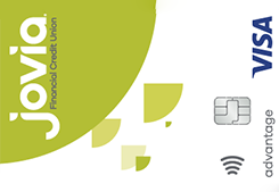























Total revolving limits 569520 (505320 reporting) FICO 8: EQ 699 TU 696 EX 682
- Mark as New
- Bookmark
- Subscribe
- Mute
- Subscribe to RSS Feed
- Permalink
- Report Inappropriate Content
Re: How exactly does over paying on a credit card work?
I do it all the time. Credit cards that don't allow me to do it annoy me.
I like to make CC payments in nice round numbers sometimes, for tracking purposes. Or because they feel good (paying my Amazon Prime card in $500 chunks makes estimating how much I have spent in a given time easier than random amounts posting, and soothes my OCPD.)
For example, recently with an AmEx "spend 1k" PC promotion, I prepaid the remaining amount I needed to spend (which showed as a credit), and knew that when my account no longer showed a credit, I had completed the promotion. This meant I didn't have to keep doing the math of how much more I needed to spend.
If I can see payments looming as pending, but haven't cleared yet, I want to be able to pay that amount included in the total due. As far as I'm concerned, it's part of the total, and yeah, can mess up AZEO if it hits in that window between pending and statement cut.
Most cards that allow overpayment only allow it up to a certain % over your posted total (usually a non-issue).
Depending on the issuer, some cards will show the overpayment as an increase in your AVAILABLE credit (not to be confused with your actual credit limit), some do not.
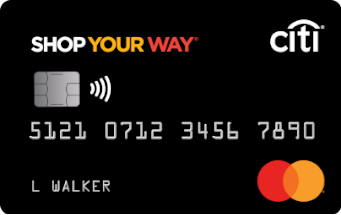
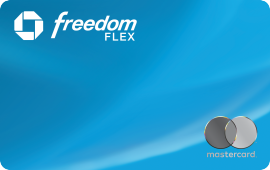
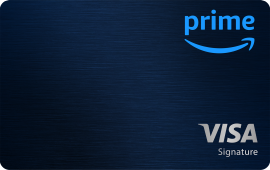


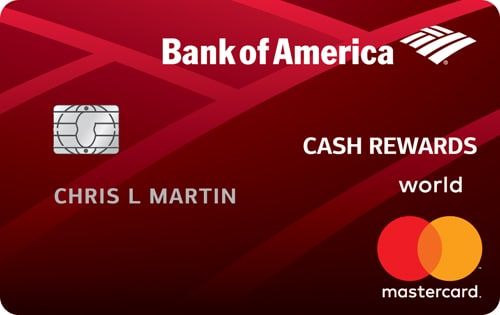
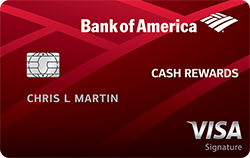
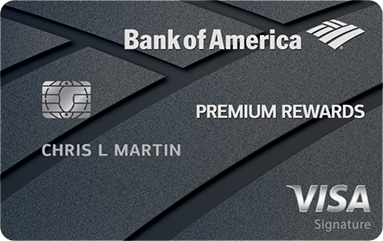
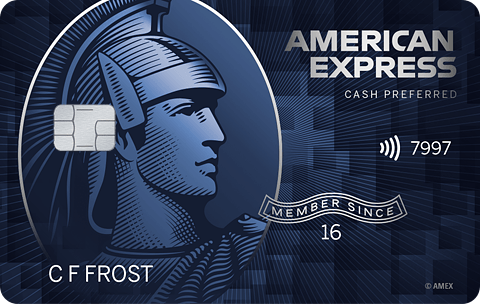
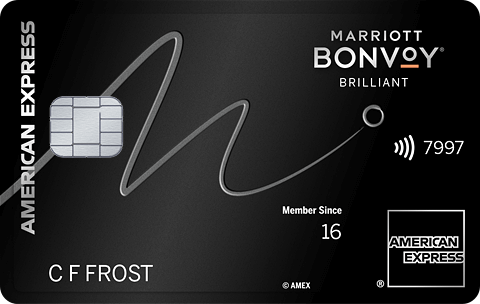 Biz -
Biz - 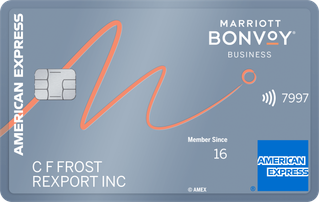

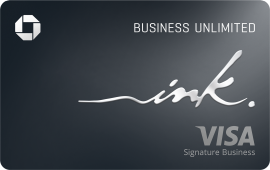
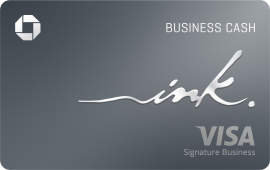
 Authorized User -
Authorized User - 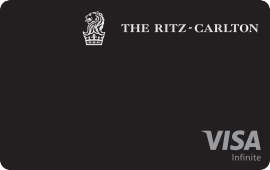
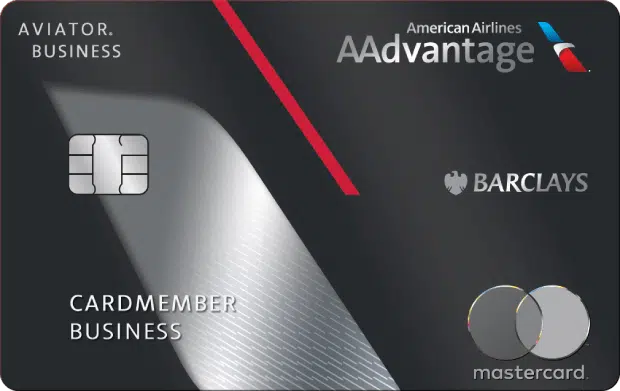
Sock Drawer'd -
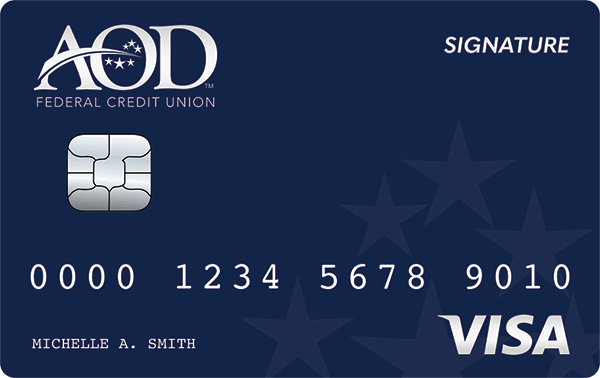

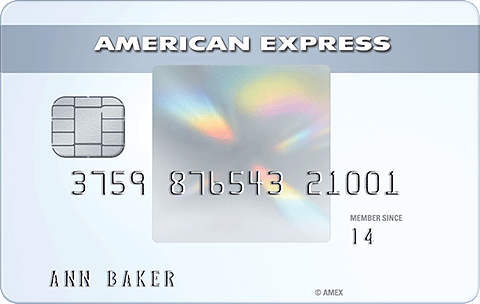 Debit Cards -
Debit Cards - 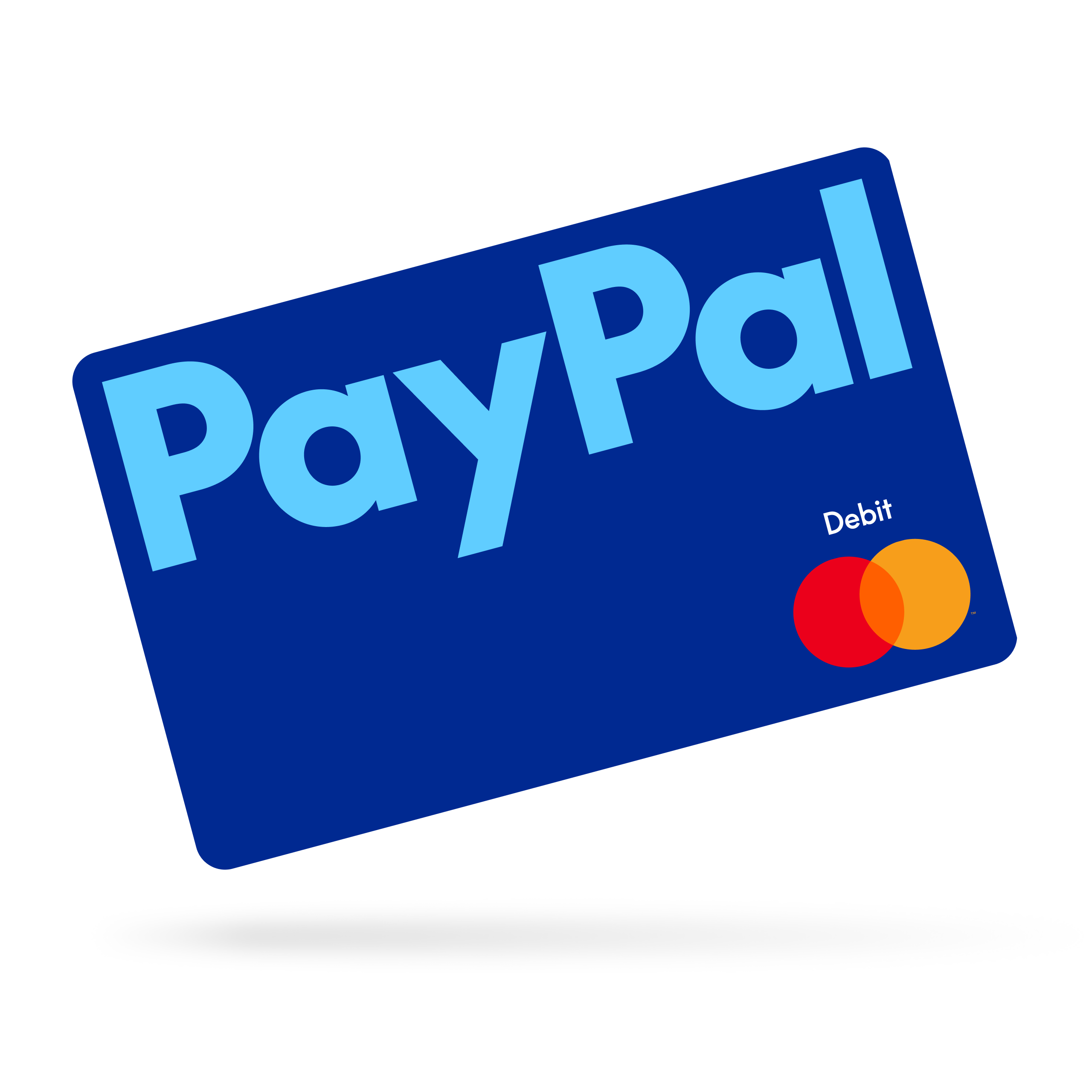
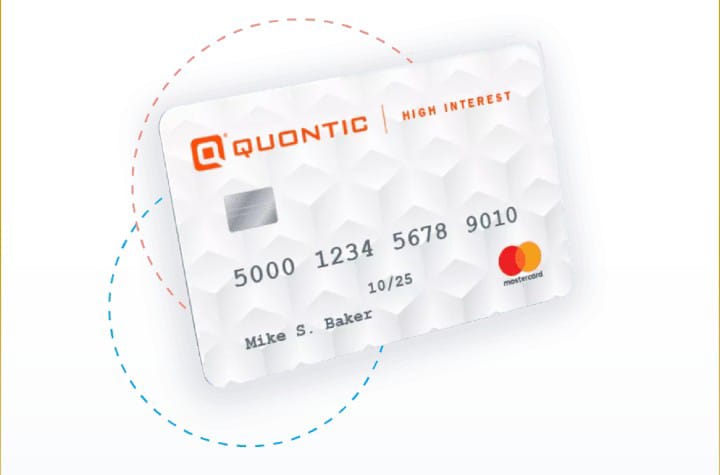
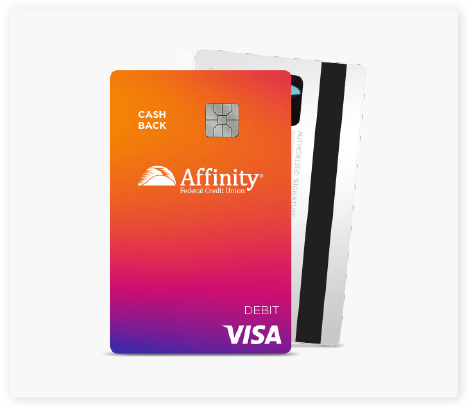
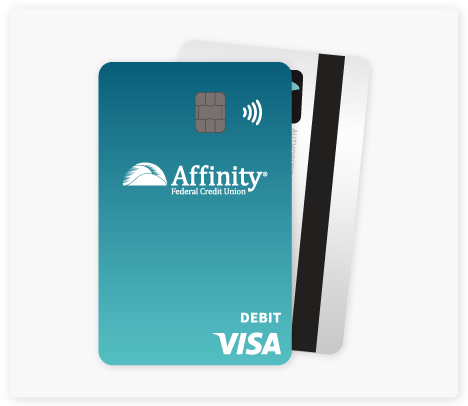
Chopping Block -
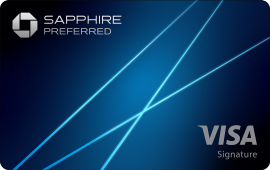

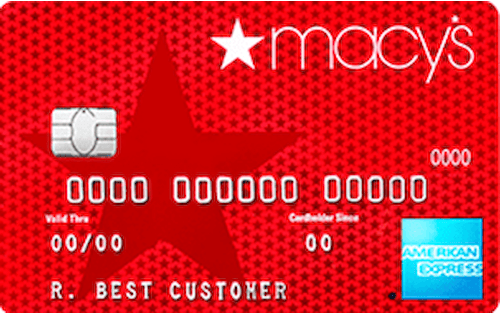




- Mark as New
- Bookmark
- Subscribe
- Mute
- Subscribe to RSS Feed
- Permalink
- Report Inappropriate Content
Re: How exactly does over paying on a credit card work?
@unsungivy wrote:I do it all the time. Credit cards that don't allow me to do it annoy me...
This is the primary reason I use push payments from my bank instead of pull payments from the credit card companies; it allows me to pay not only the current balance, but all of my expected charges before the statement closes.
Chapter 13:
- Burned: AMEX, Chase, Citi, Wells Fargo, and South County Bank (now Bank of Southern California)
- Filed: 26-Feb-2015
- MoC: 01-Mar-2015
- 1st Payment (posted): 23-Mar-2015
- Last Payment (posted): 07-Feb-2020
- Discharged: 04-Mar-2020
- Closed: 23-Jun-2020
I categorically refuse to do AZEO!


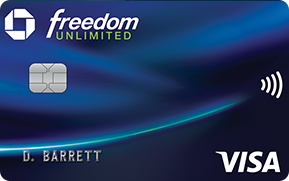
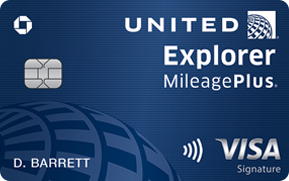
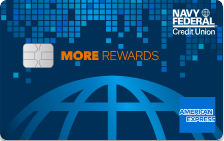
In the proverbial sock drawer:
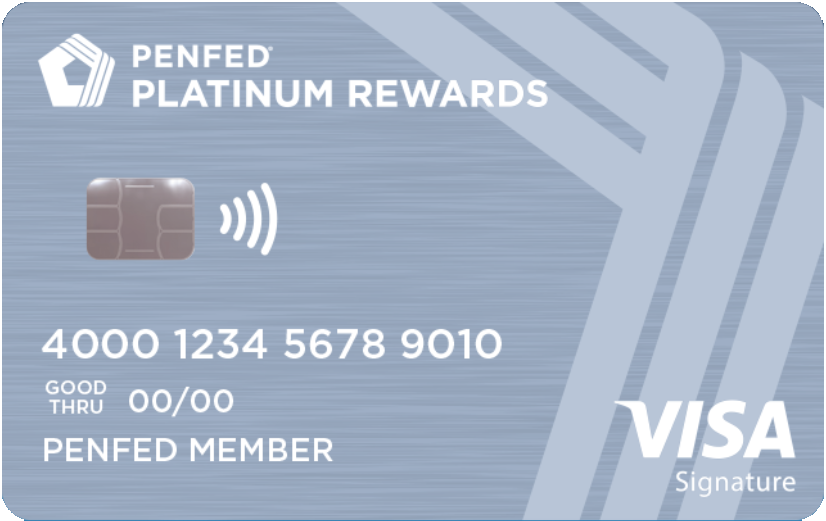


- Mark as New
- Bookmark
- Subscribe
- Mute
- Subscribe to RSS Feed
- Permalink
- Report Inappropriate Content
Re: How exactly does over paying on a credit card work?
@Cblough93 wrote:
I always stop using my card a couple days before the statement closed to ensure there are no pending charges.
Why do this?
If you have pending charges when your statement generates, it won't be an issue. They will show up on your next statement in 30 days. There is no credit rating impact, and interest will not be charged.
If this is a matter of managing your credit limit, you still should not worry about it. If you need to pay mid-cycle because you have a low credit limit and you need the room, just send a mid-cycle payment and go on with your life.